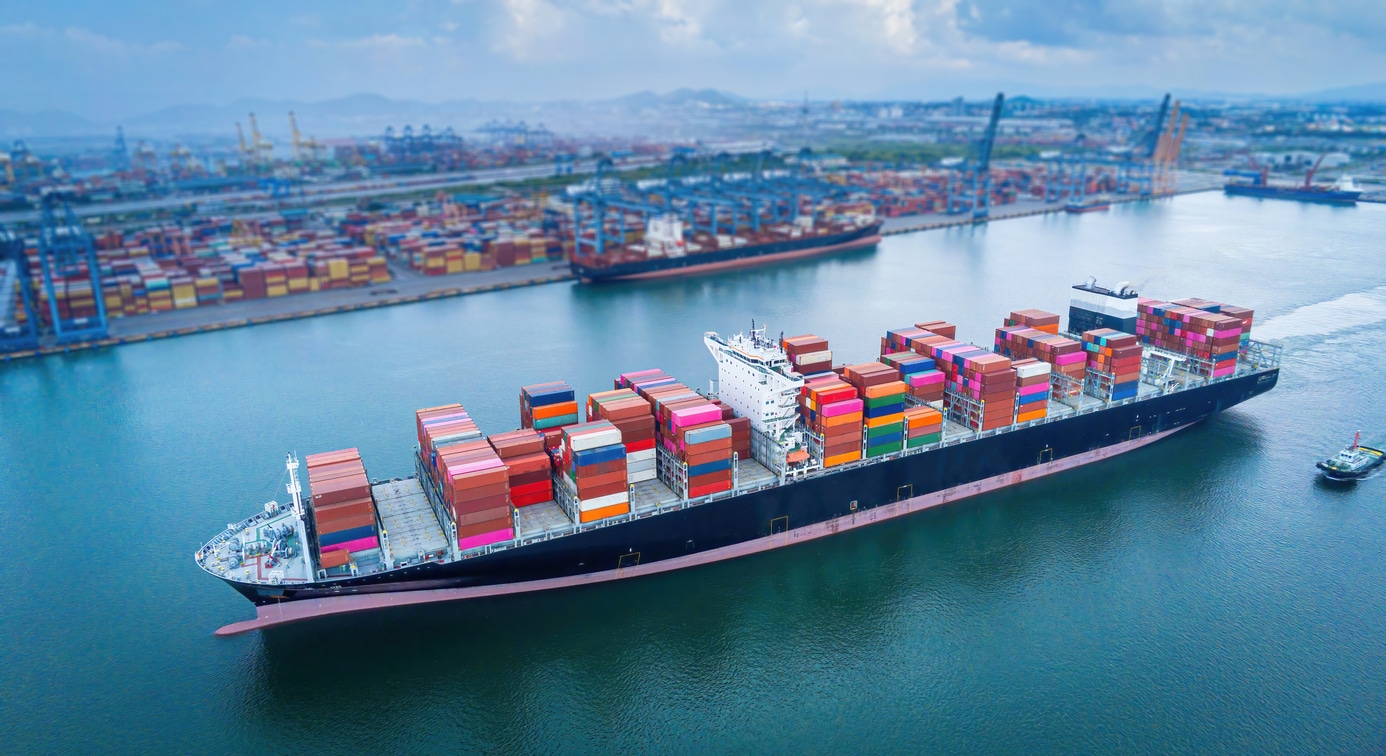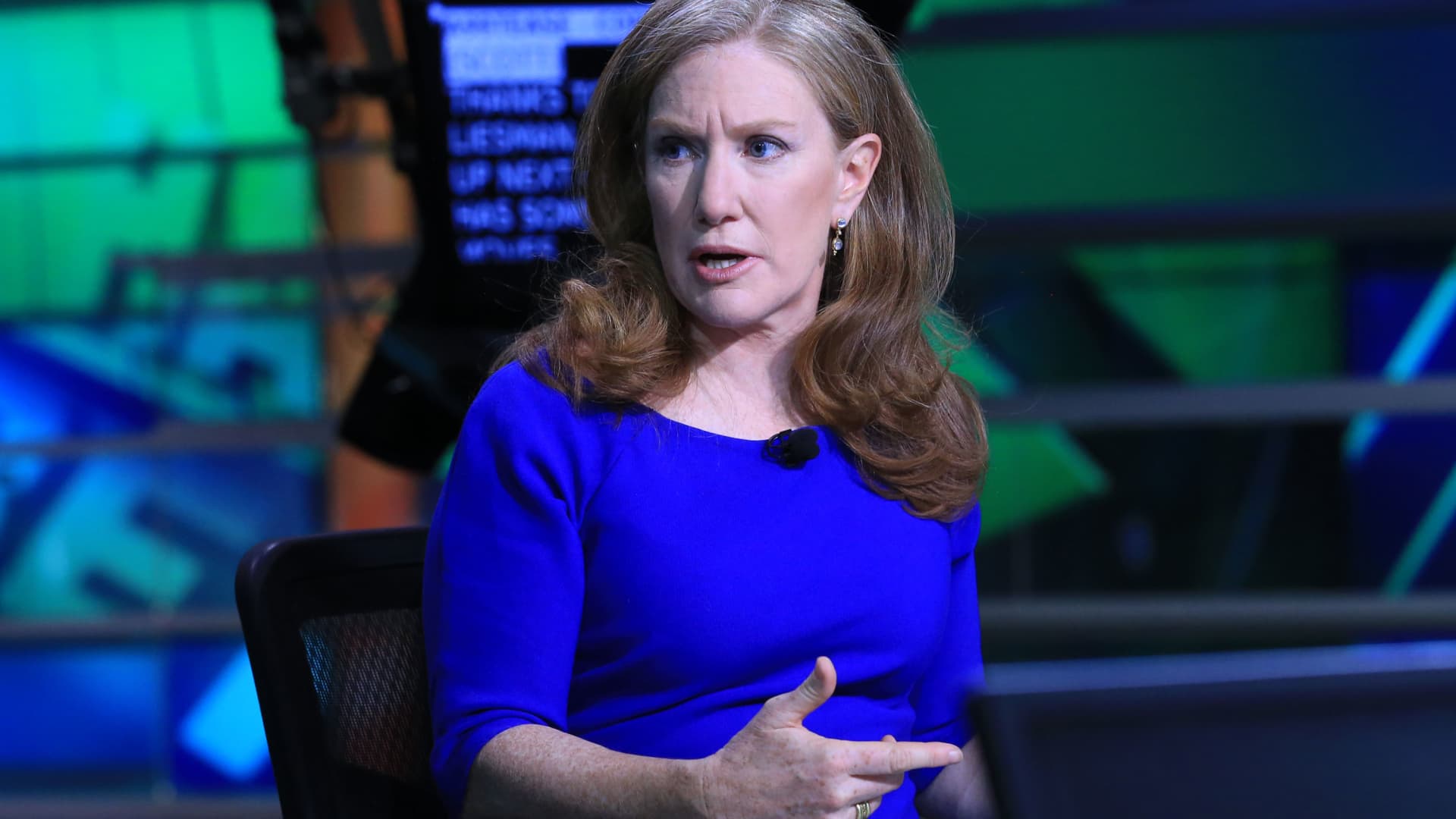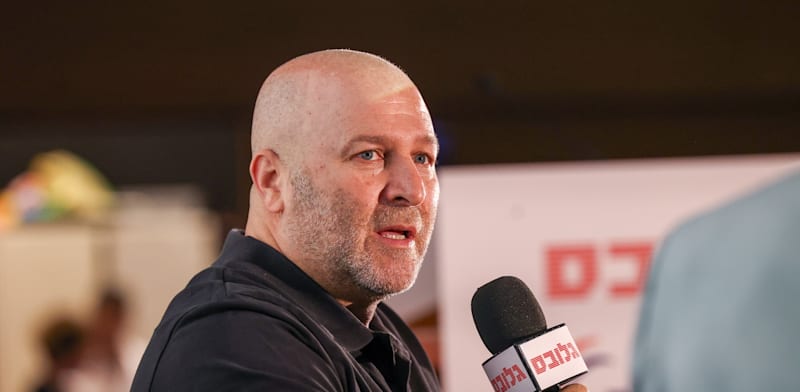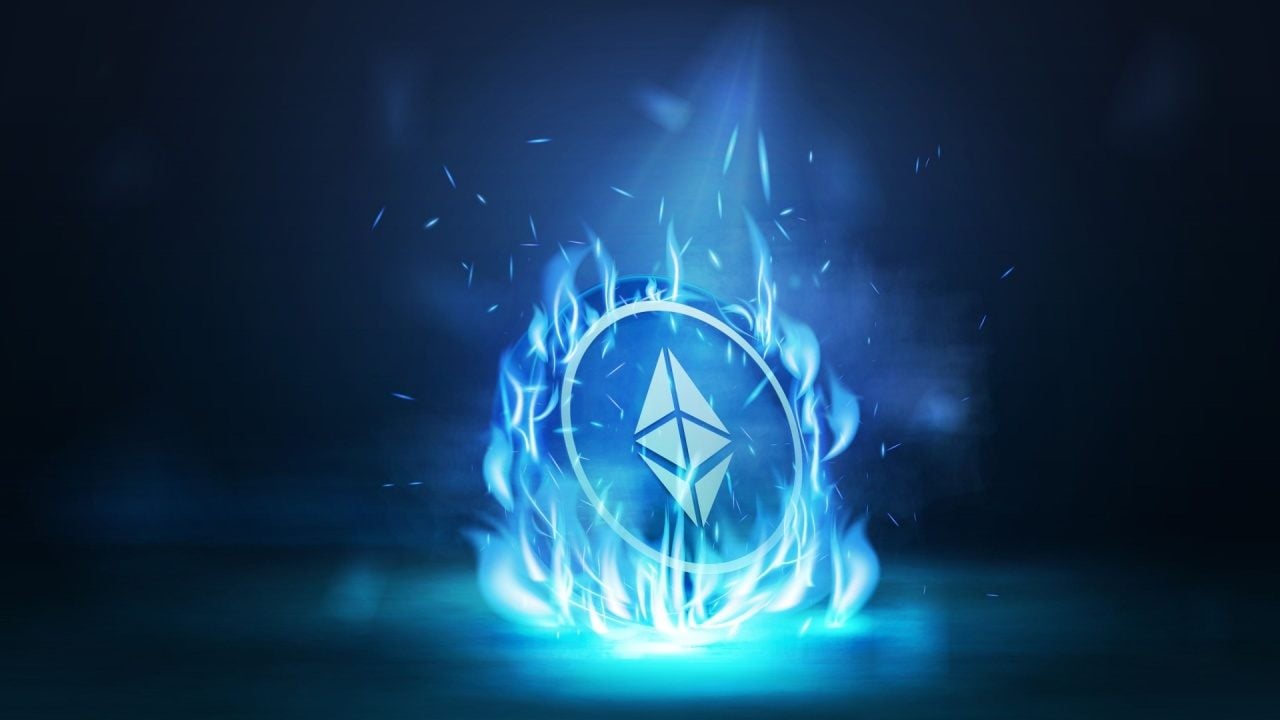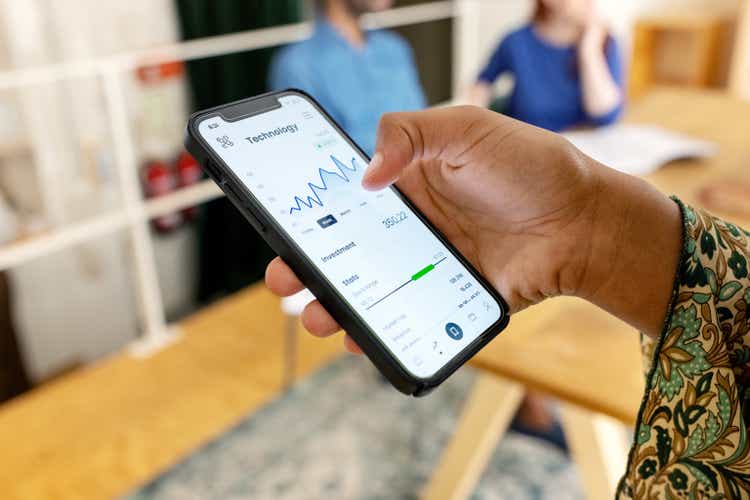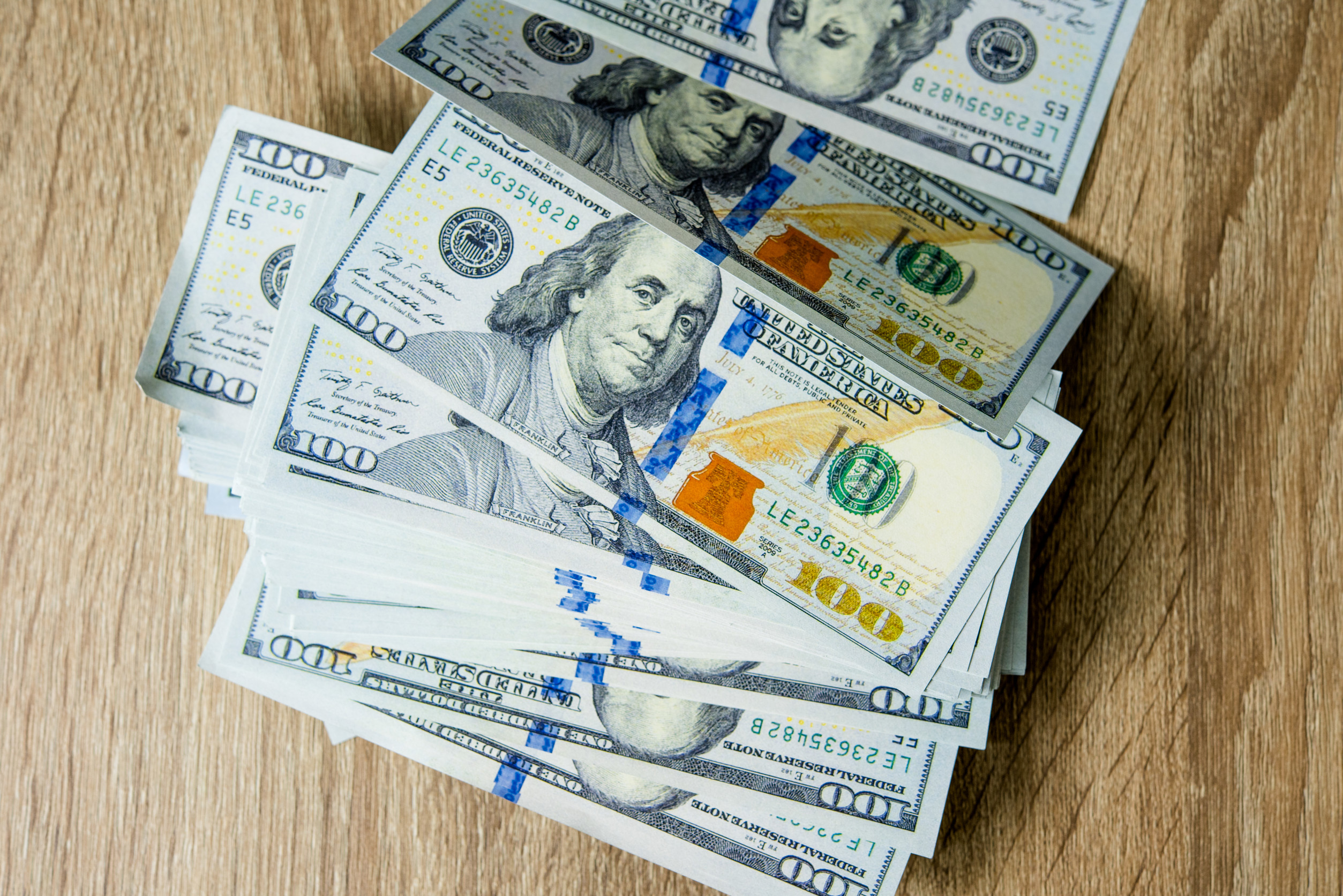Impact #2. Corporate Profits and Stock Prices
Higher costs from tariffs can hurt company earnings, which may drag down the stock prices in your 401(k). This especially affects companies that rely on imported materials or goods, especially in industries like manufacturing, tech, and retail who may raise prices to offset tariff costs. This could potentially reduce consumer spending.
What 401(k) Investors Should Do:
Review your diversification. Make sure you’re not too heavily concentrated in a single sector (like manufacturing or tech).
Consider rebalancing. If your portfolio has drifted due to market shifts, rebalancing can help maintain your risk tolerance.
Think long-term. Companies and markets adapt. What hurts earnings today might lead to innovation or efficiency tomorrow.
Impact #3. Sector-Specific Effects
Certain sectors (i.e. industrials, tech, agriculture) may be more sensitive to tariffs, which can influence specific funds in your 401(k). A diversified 401(k) portfolio could feel these effects if heavily invested in exposed sectors.
What 401(k) Investors Should Do:
Know what you’re invested in. Look at the sector exposure of your mutual funds or ETFs.
Consider target-date or balanced funds. These typically provide broad exposure and adjust over time based on your retirement horizon.
Limit overexposure. Avoid putting too much into sector-specific funds unless you fully understand the risks.
Impact #4. Inflation Concerns
Tariffs can push up prices, which may lead to inflation and potentially higher interest rates. Both of which can impact stocks and bonds.
What 401(k) Investors Should Do:
Include inflation hedges. Consider having a small portion in assets like TIPS (Treasury Inflation-Protected Securities) or real assets.
Diversify across asset classes. A mix of stocks, bonds, and possibly real assets can help protect against inflation risk.
Don’t chase yields. Avoid moving all into bonds because of fear. Equities are still important for long-term growth.
Impact #5. Currency and Global Investment Impacts
Tariffs can influence the strength of the U.S. dollar and international trade balances. International holdings may be more volatile.
What 401(k) Investors Should Do:
Keep some global exposure. International funds can offer diversification benefits, even with higher short-term risk.
Understand currency risk. It’s part of global investing, but over time, it often balances out.
Focus on fundamentals. Global markets have long-term growth potential, even if geopolitical events create bumps along the way.
What’s Next for Tariffs and Your 401(k)
As we look ahead, staying updated on economic policies will empower you to make well-informed decisions. Tariffs are part of the broader economic landscape, and while they can influence short-term performance, they’re just one piece of the puzzle. Staying diversified, contributing regularly, and thinking long-term are your best defenses against uncertainty.

